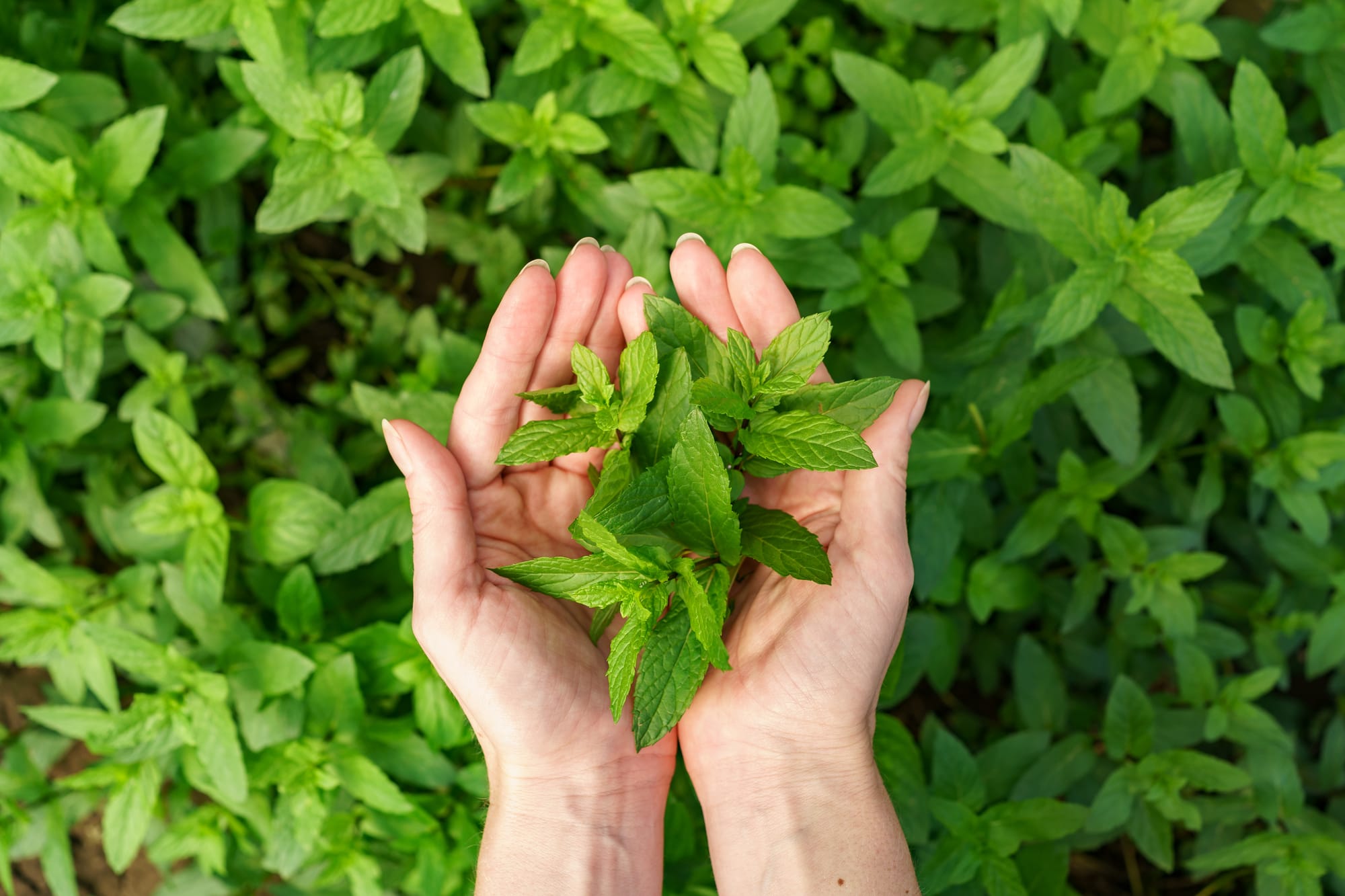Managing blood sugar levels has become a growing concern across the globe, especially with the rise of prediabetes and type 2 diabetes. While modern medicine plays a key role in treatment, many individuals are turning to nature for complementary solutions. One such natural powerhouse gaining attention is nettle—a nutrient-rich plant with a long history in traditional medicine.
Often overlooked as a mere weed, nettle (scientifically known as Urtica dioica) is packed with health-promoting compounds. In this article, we’ll explore how nettle contributes to blood sugar control, its additional health benefits, and how it can be safely incorporated into your daily wellness routine.
What is Nettle?
Nettle, or stinging nettle, is a perennial plant found in various parts of the world, including North America, Europe, and Asia. Historically used to treat ailments ranging from joint pain to allergies, it’s now gaining scientific recognition for its anti-inflammatory, antioxidant, and blood sugar-regulating properties.
While the plant’s tiny hairs can sting when touched raw, once processed—by drying, cooking, or brewing—the sting disappears, leaving behind a highly nutritious plant.
Nettle and Blood Sugar: What the Research Shows
1. Improves Insulin Sensitivity
One of nettle’s most promising benefits is its potential to improve insulin sensitivity, helping cells absorb glucose more efficiently. Some studies suggest that nettle extract may increase glucose uptake in muscle cells and reduce insulin resistance—one of the root causes of type 2 diabetes.
2. Supports Glucose Metabolism
Nettle contains several bioactive compounds, such as flavonoids, polysaccharides, and lectins, which may assist in regulating carbohydrate metabolism. These compounds help slow down the absorption of sugar in the intestines and reduce blood glucose spikes after meals.
3. Reduces Inflammation Linked to High Blood Sugar
Chronic inflammation is a significant factor in the progression of diabetes and its complications. Nettle’s anti-inflammatory properties may help reduce the oxidative stress and inflammation associated with high blood sugar levels, promoting better overall metabolic health.
Additional Health Benefits of Nettle
While nettle is highly regarded for its blood sugar regulation, it offers a variety of other health perks:
- Rich in Nutrients: Nettle is a natural source of vitamins A, C, K, and several B vitamins, as well as minerals like iron, magnesium, potassium, and calcium.
- Supports Kidney Health: Traditionally used as a diuretic, nettle may help the body eliminate excess waste and support kidney function.
- Boosts Immune Function: With its antioxidant profile, nettle can help protect cells from damage and strengthen immune defenses.
- Improves Joint and Bone Health: Some studies suggest nettle may help reduce joint pain and stiffness, making it beneficial for people with arthritis or age-related bone conditions.
- May Ease Allergies: Nettle’s natural antihistamine effects can reduce symptoms of seasonal allergies like sneezing, itching, and runny nose.
How to Use Nettle for Blood Sugar Support
Here are a few common ways to include nettle in your routine:
1. Nettle Tea
The most popular form, nettle tea is easy to prepare. Steep dried nettle leaves in hot water for 5–10 minutes. Drink once or twice a day to experience its calming and regulating effects.
2. Capsules or Supplements
Standardized nettle extract is available in capsule or tablet form. Always follow dosage instructions and consult a healthcare provider, especially if you’re taking diabetes medications.
3. Tinctures
Nettle tinctures offer a concentrated liquid form and are usually taken in drops. They’re useful for people who prefer not to take capsules.
4. Culinary Uses
When cooked, nettle can be used similarly to spinach. It’s excellent in soups, sautés, and even smoothies (after steaming). Cooking removes the stinging hairs and unlocks its mild, earthy flavor.
Safety and Precautions
While nettle is generally considered safe for most people, a few precautions are necessary:
- Consult Your Doctor: Especially important if you’re on medications for diabetes, blood pressure, or fluid retention.
- Avoid During Pregnancy: Nettle may stimulate uterine contractions and should be avoided unless advised otherwise by a healthcare professional.
- Allergic Reactions: Rare, but possible in sensitive individuals. Start with a small dose to test tolerance.
Final Thoughts
Nettle is far more than an ordinary wild plant—it’s a natural treasure loaded with therapeutic compounds that support blood sugar regulation, inflammation reduction, and overall wellness. Whether you're managing diabetes or simply looking to stabilize your energy and glucose levels, nettle offers a gentle and effective botanical option worth considering.
As always, it's essential to approach herbal remedies with the same care as conventional medicine. When used responsibly and in conjunction with a healthy lifestyle, nettle can be a valuable part of your wellness toolkit.
Have you tried nettle tea or supplements before? Share your experience or questions in the comments!


